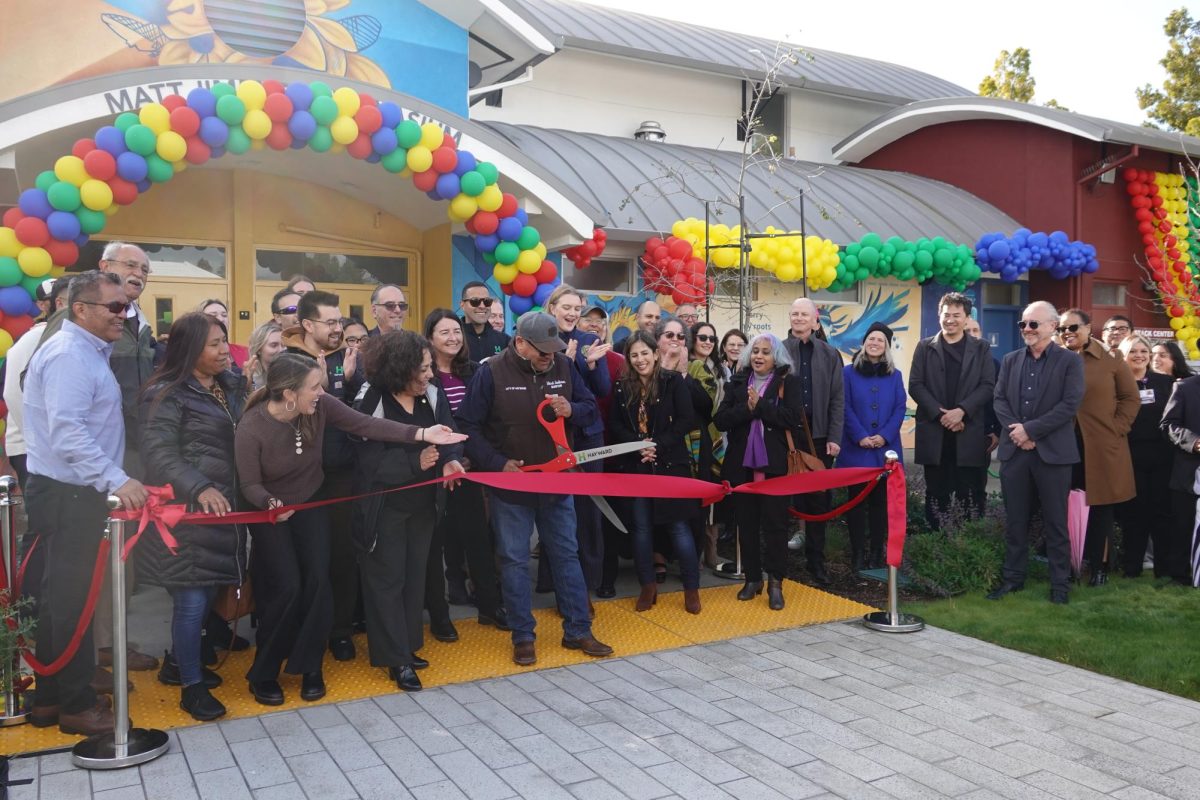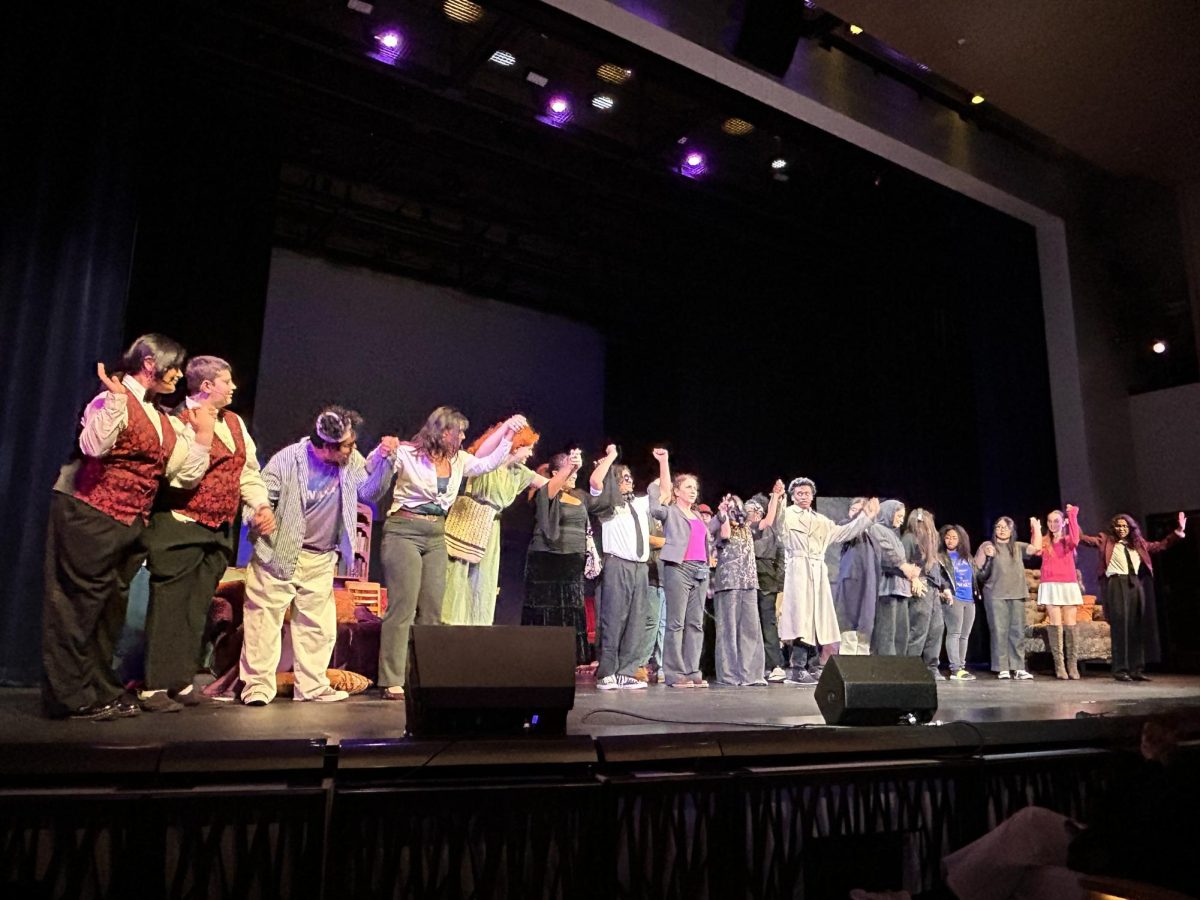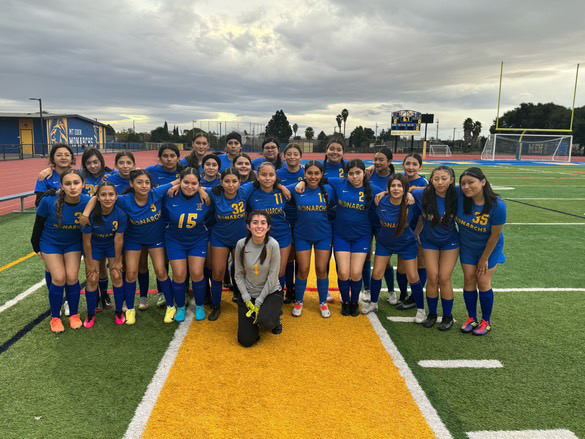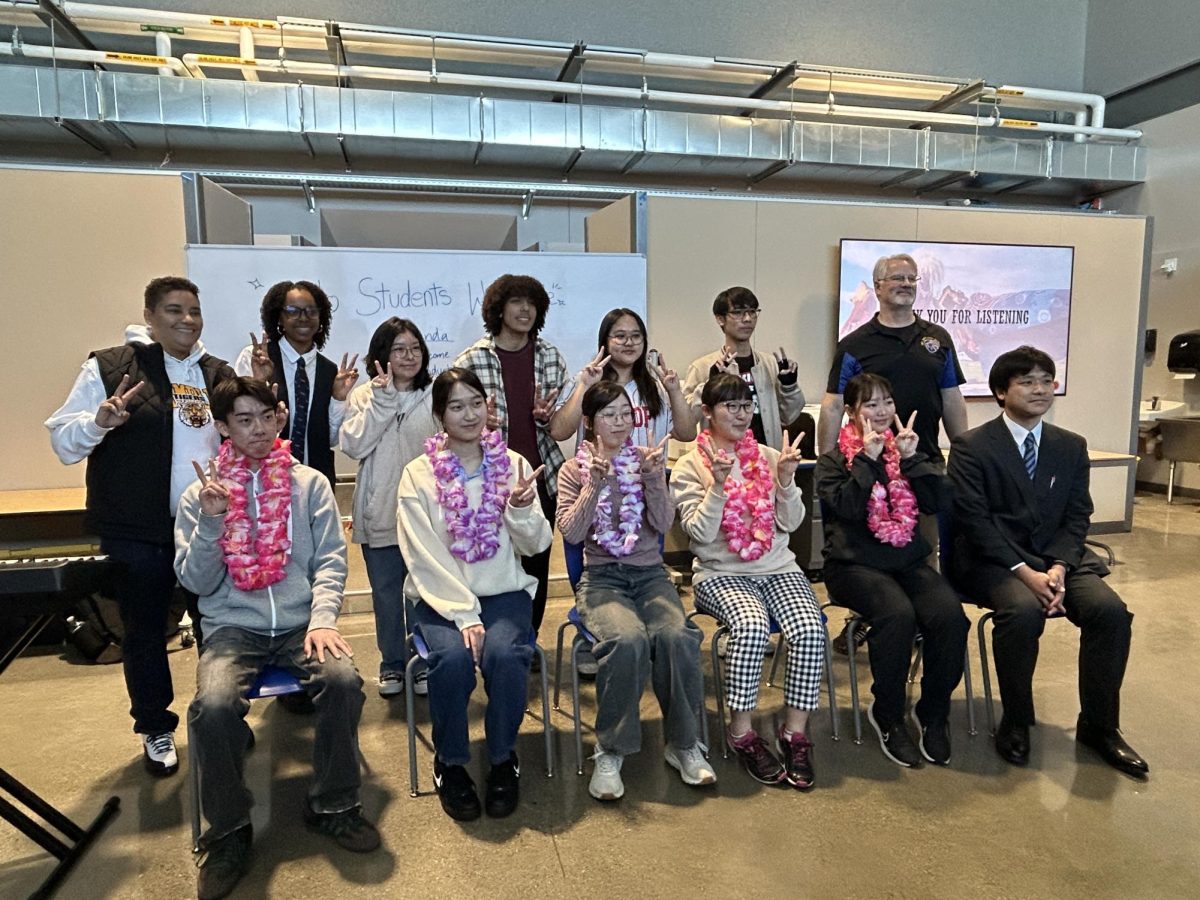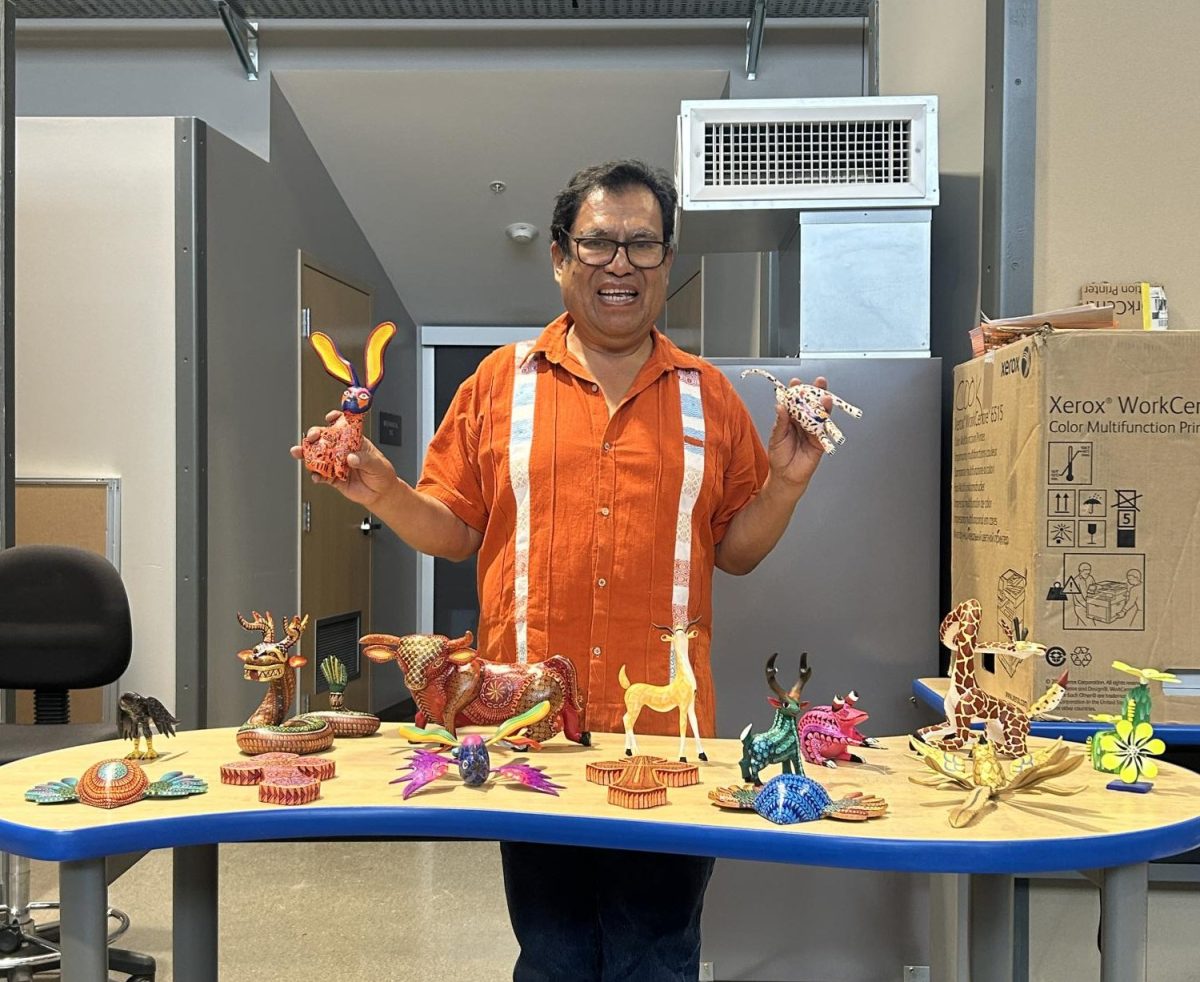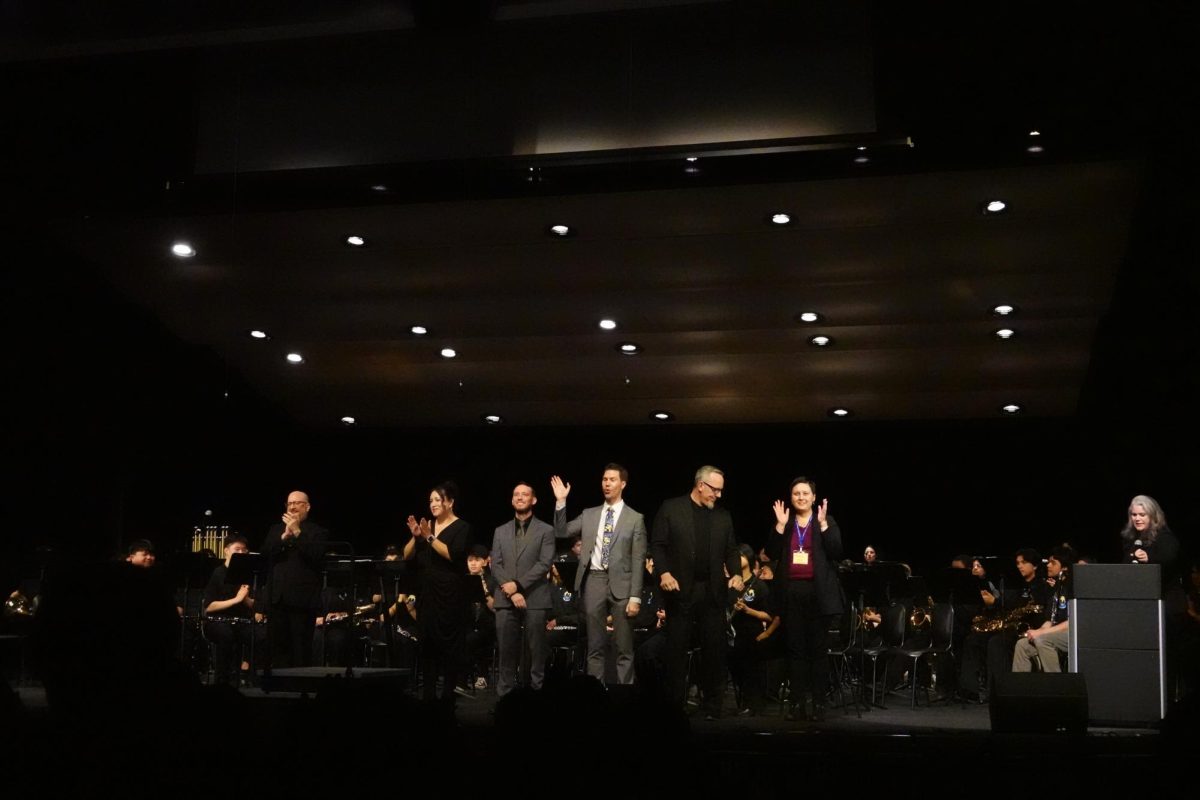In a melting pot like the United States, the debate over language acquisition among immigrant children is not just a matter of linguistic proficiency or even cultural preservation and identity. As globalization expands, the ability to communicate in multiple languages becomes increasingly valuable. However, amidst the clamor for English proficiency, there’s an overlooked gem: the native tongue of immigrant parents.
Immigrants and their U.S.-born children number approximately 90.8 million people, or 27% of the total civilian noninstitutionalized U.S. population in 2023. A majority of these immigrants hail from countries that don’t speak English. In California and the Bay Area, these numbers are even higher, with some cities such as Hayward being mostly made up of immigrants and immigrant-born children. From Spanish to Tagalog, Hindi, Arabic, Vietnamese, Mandarin, and so many other languages, our city has an unmatched arsenal of linguistics that you won’t find in your average American city.
For immigrant children, the native language of their parents is not just a linguistic asset; it’s a bridge to their heritage, a conduit through which they connect to their roots. In a world where cultural homogenization threatens diversity, preserving one’s mother tongue is an act of resistance, a celebration of uniqueness in a sea of uniformity.
Beyond cultural sentimentality, there are practical benefits to prioritizing the learning and maintenance of parents’ native languages. Research shows that bilingualism enhances cognitive abilities, improves problem-solving skills, and even staves off cognitive decline in old age. By embracing their parents’ language alongside English, immigrant children are not just expanding their linguistic repertoire, but also sharpening their minds for the challenges ahead.
Moreover, proficiency in a heritage language opens doors to a plethora of opportunities, both personal and professional. In an increasingly interconnected world, bilingual individuals are in high demand across various industries. The ability to navigate cultural nuances and communicate with diverse communities is a skill that can’t be overstated. By honing their parents’ native tongue, immigrant children gain a competitive edge in the global marketplace. This rule doesn’t only apply to white-collar jobs, but to any job requiring communication with clients. Working in a city like Hayward, you can expect to be using your bilingual skills from fast food restaurants to after-school YEP internships. It’s practically expected that you know how to speak a second language in such a diverse environment.
Critics argue that prioritizing the native language of immigrant parents might impede English language acquisition, hindering their integration into mainstream society. However, studies have shown that bilingualism does not detract from English proficiency, but rather enhances it. The cognitive flexibility gained through navigating multiple languages actually accelerates the acquisition of additional languages, including English.
For immigrant children who have lost touch with their parents’ native tongue, relearning it can be a deeply rewarding journey that seems to rid many of a sense of cultural shame. While the process may present challenges, particularly if the language has faded due to lack of practice or exposure, the rewards far outweigh the obstacles. Immigrant children can begin by immersing themselves in the language through various means, such as attending language classes, engaging with native speakers, and utilizing online resources. Embracing cultural activities, like cooking traditional dishes or listening to music in the language, can also provide immersive experiences that stimulate language acquisition. Moreover, seeking support from family members who are fluent in the language can offer invaluable guidance and encouragement. With dedication, perseverance, and a willingness to embrace their heritage, immigrant children can reclaim their mother tongue, reconnecting with their cultural roots and fostering a deeper sense of belonging in the process.
In a world that often demands assimilation at the cost of cultural identity, immigrant children must recognize the value of their parents’ native tongue. Embracing and preserving this linguistic heritage is not just an act of honoring your parents; it’s an investment in their own future, a testament to the richness of diversity in an increasingly homogeneous world.

